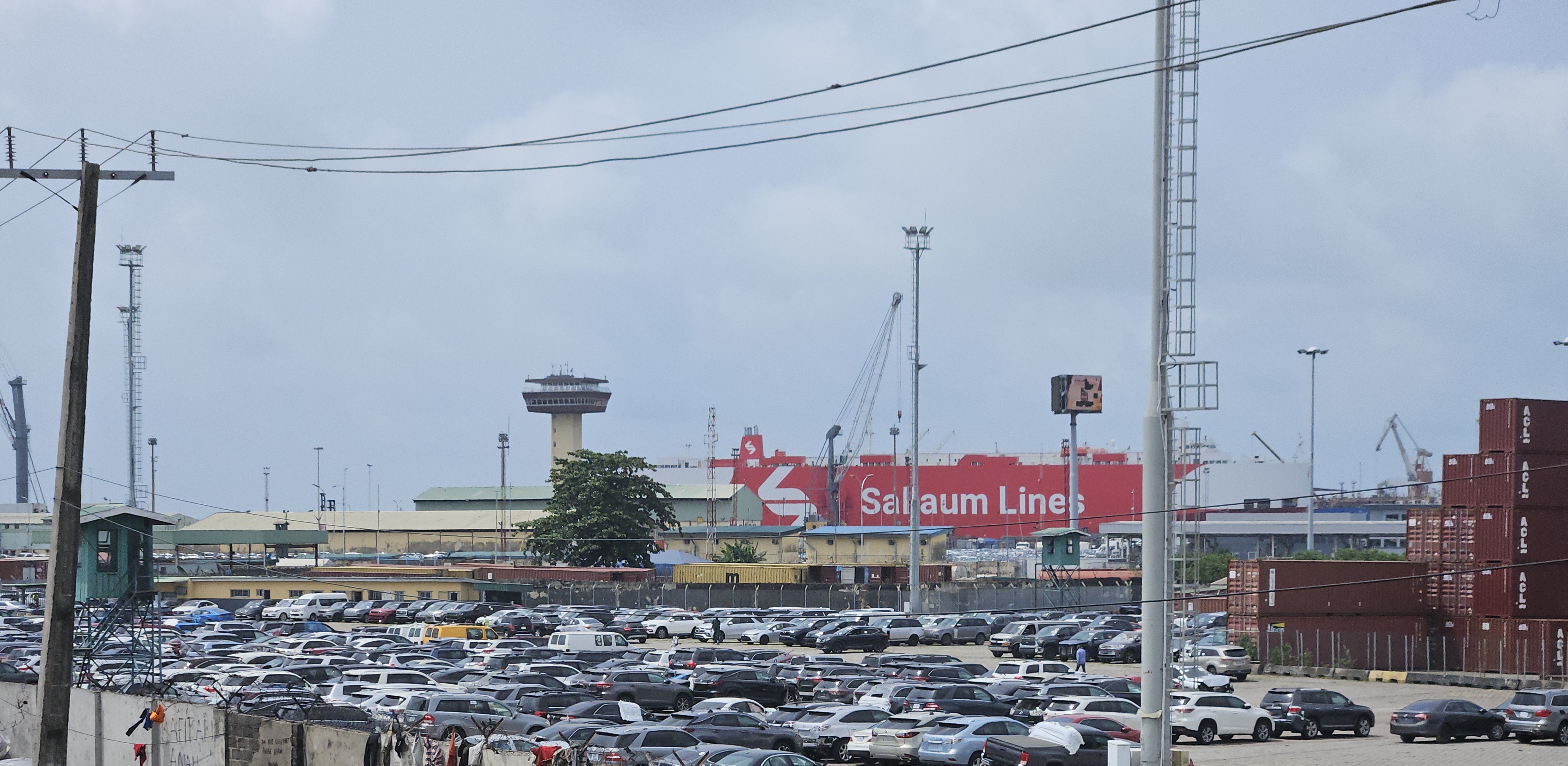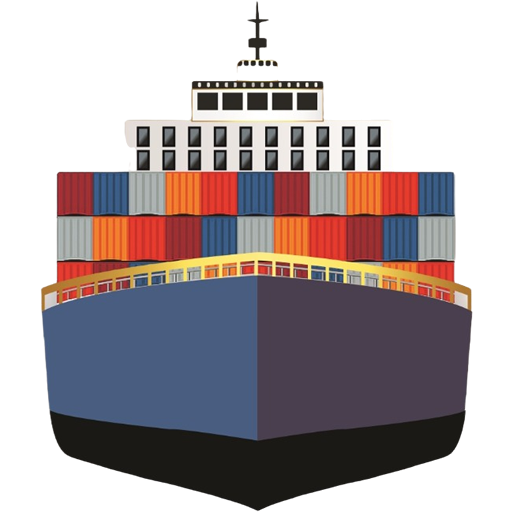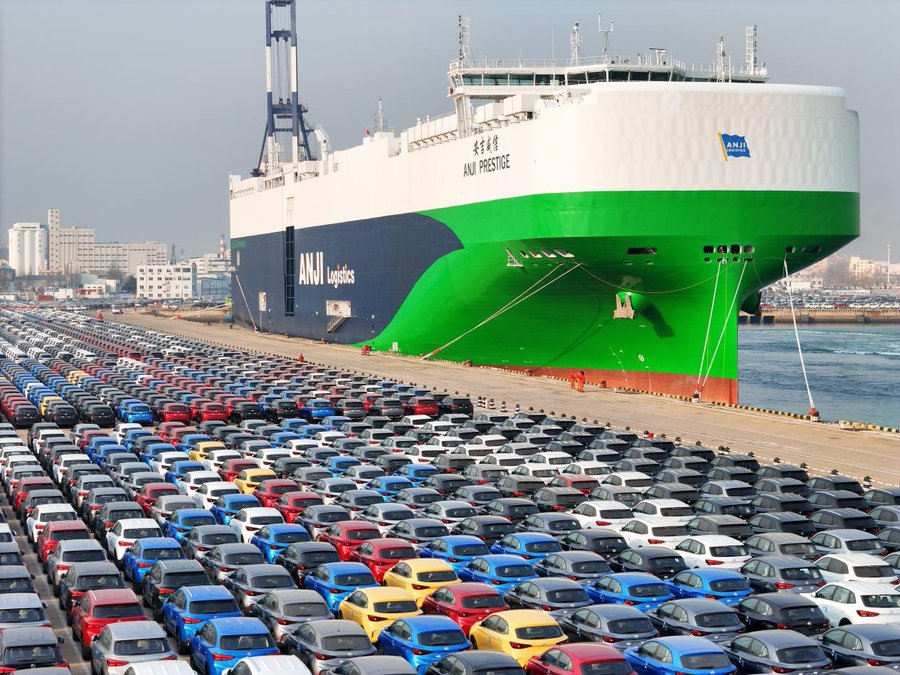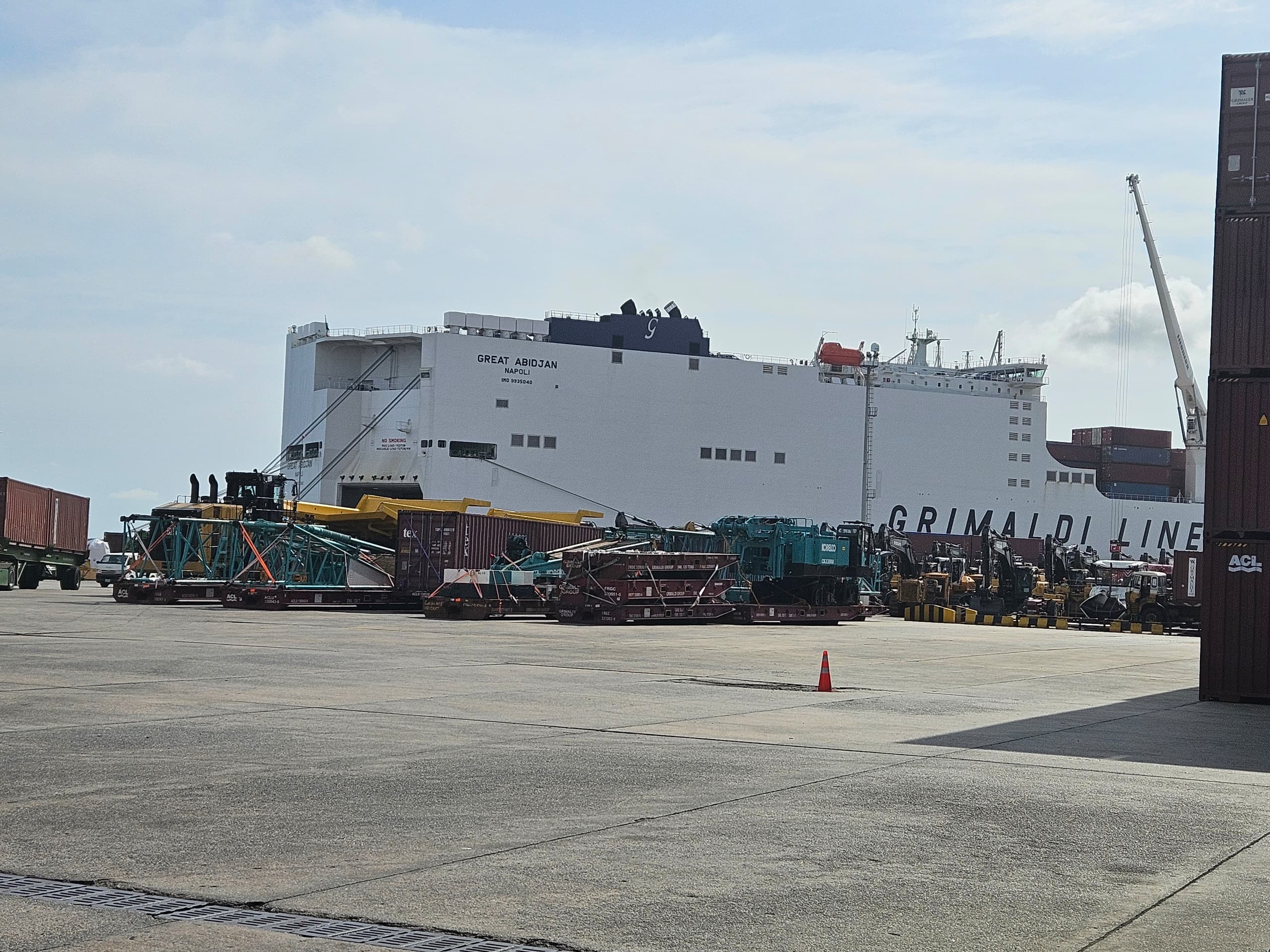
Used Vehicle Importation in Nigeria Plummets
Nigeria’s automotive sector is grappling with an unprecedented supply crisis as used vehicle imports plummet, leading to a severe scarcity of affordable cars. This drastic decline has resulted in soaring prices, dwindling inventories for local vehicle dealers, and heightened difficulties in the transport business, further exacerbating the country’s economic challenges.
The National Bureau of Statistics (NBS) reports a staggering 83% year-on-year decline in used vehicle imports, plummeting to N138.62 billion in the first half of the year, down from N819.15 billion in H1’23. This drastic drop has left clearing agents in Nigeria and car dealers scrambling to meet demand.
The federal government’s new tax regime, aimed at shielding the local auto market and creating employment opportunities, has introduced additional charges on imported vehicles. However, vehicles below 2000cc, mass transit buses, electric vehicles, and locally manufactured vehicles are exempt from the Import Adjustment Tax (IAT) levy.
The precipitous drop in vehicle importation has led to a surge in smuggling, with some car dealers reporting that used vehicles are being smuggled through neighboring countries, such as Benin, which has lower import tariffs compared to Nigeria. This has resulted in lost revenue for the government and unfair competition for local vehicle dealers.
Analysts say the fall in vehicle importation is a shock, considering the palliative measures introduced by the current administration. The suspension of the Import Adjustment Tax (IAT) and Green Tax, as well as the 25% penalty on improperly cleared imported vehicles, was meant to ease the stress in the economy. However, the 83% fall in vehicle importation in the first half of the year indicates that more needs to be done to address the challenges facing the auto industry.
The consensus among transporters, clearing agents in Nigeria, and car dealers is for the government to put in more effort to ease the logjam in the interest of the economy. Further cuts in vehicle importation tax may be necessary, given the inadequacy of local vehicle assembly plants to meet demand. The government must find a balance between protecting local manufacturers and ensuring affordable vehicles for the masses.
Additionally, the government should consider investing in infrastructure development, such as building more vehicle assembly plants, improving transportation networks, and enhancing the overall business environment. This will not only boost the auto industry but also create jobs and stimulate economic growth.
In conclusion, the Nigerian government must take decisive action to address the supply crisis in the auto industry. By reducing vehicle importation taxes, investing in infrastructure development, and supporting local manufacturers, the government can ensure a steady supply of affordable vehicles for the masses, create jobs, and stimulate economic growth.”


